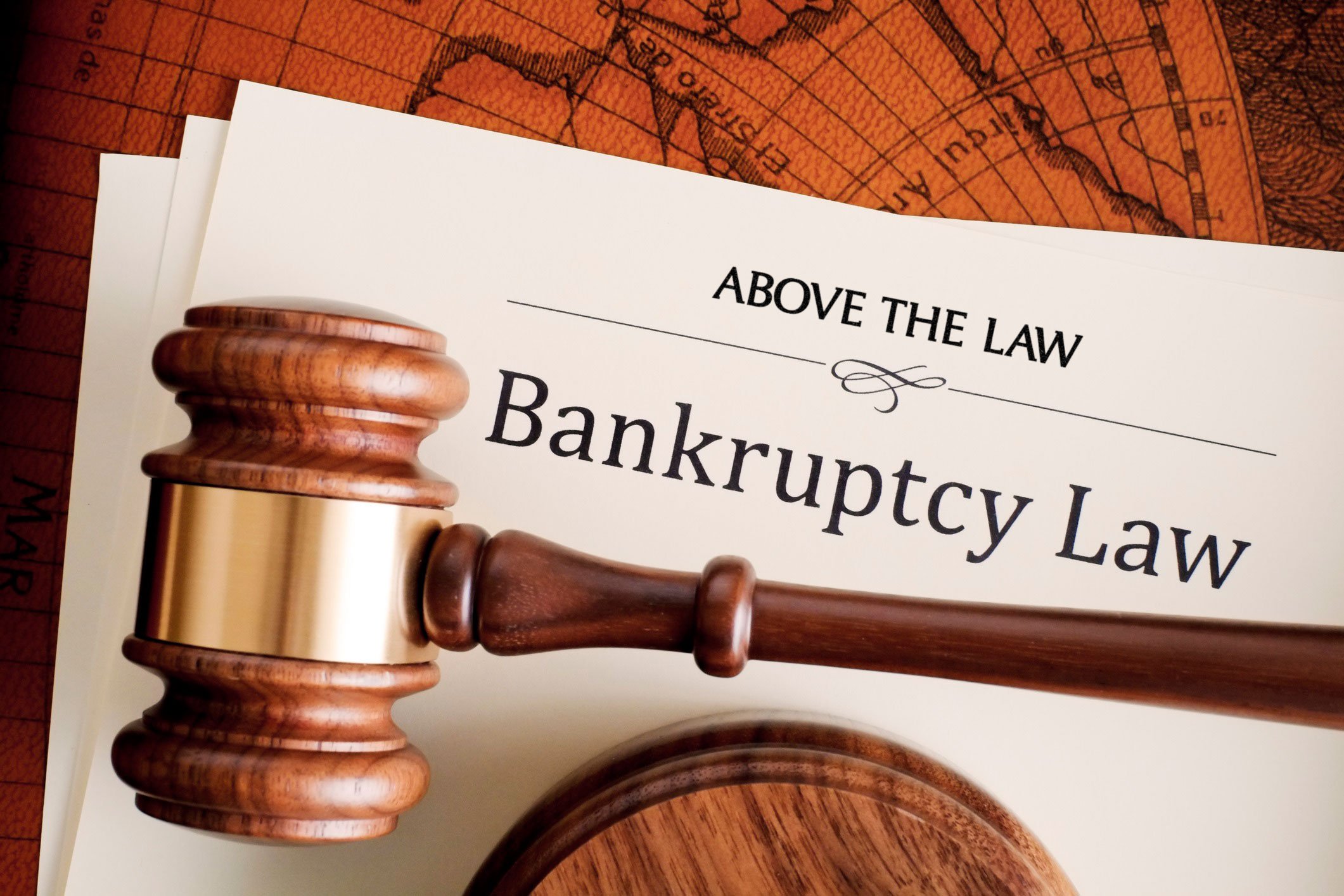
ATL’s Top Law Firm Bankruptcy Practices
These are the firms that work to allow distressed corporations a fresh start.

These are the firms that work to allow distressed corporations a fresh start.

What happened at this morning's hearing to confirm Dewey's bankruptcy plan? Detailed commentary, plus photos.

A new proposal would let wealthy foreign nationals secure an opportunity for a U.S. green card with a $1 million 'gift' to the government, sparking legal and ethical debate.

* “Maybe in the future you could let us know when something as definite as that comes [at the last minute.]” It would appear Chief Justice John Roberts has yet again been angered terribly by a lawyer from the Department of Justice over policy changes. [CNN] * G’day, mate! Perhaps Peter Kalis was telling the truth about his firm, because everything really is great at K&L Gates after last night’s announcement. Partners at the Biglaw firm just approved a merger with Australian firm Middletons. [WSJ Law Blog] * The commission overseeing the revisions to Chapter 11 of the Bankruptcy Code will focus their energies on labor and benefits. Aww, how nice of them to think of the little people. [Thomson Reuters News & Insight] * The suit over job stats against Thomas Jefferson School of Law lives to fight another day. The school was “disappointed,” but probably not as disappointed as the students it allegedly duped. [National Law Journal] * And speaking of disappointment, people are still pissed off about Case Western Law Dean Lawrence Mitchell’s defense of going to law school, aka “a full-throated defense of the indefensible.” [New York Times] * If you’ve made a mistake on your law school application, fret not, because there’s a way to correct it. (Note: some would say the real mistake was applying in the first place.) [Law Admissions Lowdown / U.S. News] * Another day, another lawsuit filed against the much-sued and oft-creepy Dov Charney. This time, an ex-store manager alleges the American Apparel CEO choked him out and tried to rub dirt in his face. [Huffington Post]

How much are American Airlines's advisors seeking to be paid for their work in the mega-bankruptcy case? Enough to buy a Gulfstream jet, or two....

The latest Dewey developments: partner reactions to the proposed settlement plan, how to handle or dispose of thousands of boxes of client files, and pension problems for ex-employees.

Dewey have a chance of settling with ex-partners? Here's the latest news on the Dewey bankruptcy front.

This Pro Bono Week, get inspired to give back with PLI’s Pursuing Justice: The Pro Bono Files, a one-of-a-kind podcast hosted by Alicia Aiken.

How much are Dewey's bankruptcy lawyers and other advisers charging? And what else is going on in this epic law firm bankruptcy?

What's the latest news in the Dewey & LeBoeuf bankruptcy?

* Dewey have some novel issues for our bankruptcy lawyers, or what? As we noted last night, now that D&L has filed for Chapter 11, they’ll have to deal with bank debt, and bondholders, and possible criminal proceedings, oh my! [New York Law Journal] * And did we mention that Dewey’s defectors and their new firms might get screwed out of millions thanks to the recent Coudert decision? You really should’ve tried to finish up your business before the firm flopped. [WSJ Law Blog] * Our SCOTUS justices’ summer plans don’t include debating the results of their landmark health care and immigration cases. They’ll be off to fabulous destinations to teach by the first week of July. [Associated Press] * A federal judge in Brooklyn doesn’t like what seems to be happening in the “game of grams” when it comes to mandatory minimum drug sentencing. Perhaps the DOJ will heed his call for reform. [New York Times] * Facebook’s IPO was an epic fail, but it’s been great business for plaintiffs lawyers. Twelve securities class action firms are gathering leads and getting ready to sue, and two have already sued. [National Law Journal] * This wasn’t exactly well planned: if you’re involved in state politics, it’s probably not a good idea to fake a legal internship with a state representative so that you can graduate from law school. [Concord Monitor] * In happier news, a New York Law School graduate walked across the stage to receive her diploma with the help of her seeing-eye dog. The pooch hasn’t lifted a leg on her law degree… yet. [New York Daily News] * “Brothels are never going to be a vote winner.” But even so, if you’re looking to get it in down under, a plan to build Australia’s largest cathouse may soon gain approval if lawyers are able to do their work quick and dirty. [Bloomberg] * Thanks to this case, stupid teenagers in New Jersey who send texts to others that they know are driving can now revel in the fact that they can’t be held liable for injuries that may occur thanks to careless driving. [New Jersey Law Journal]